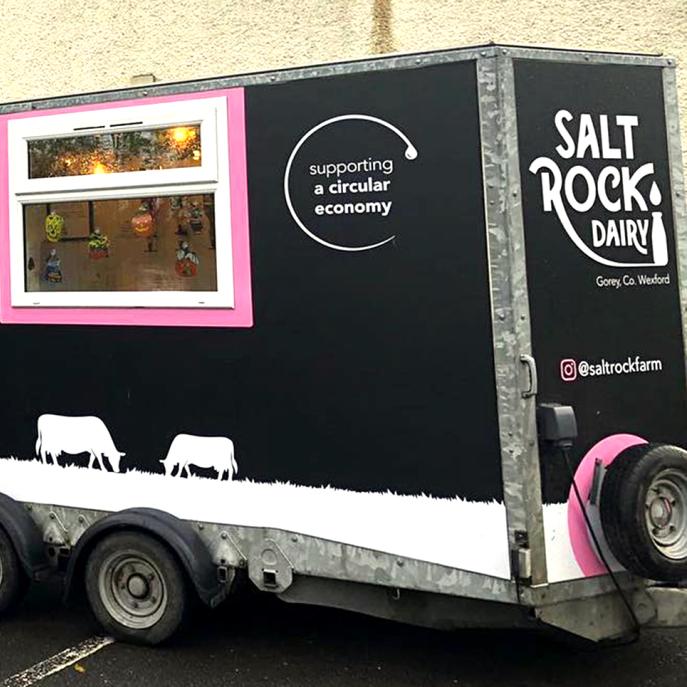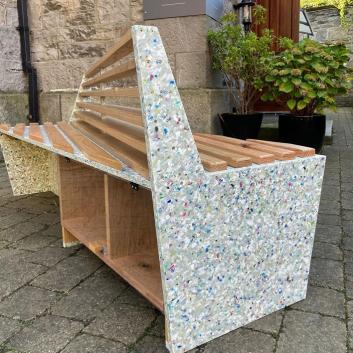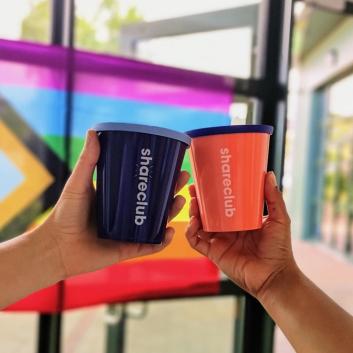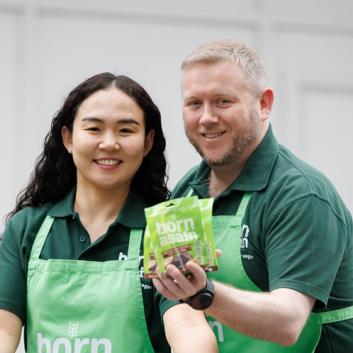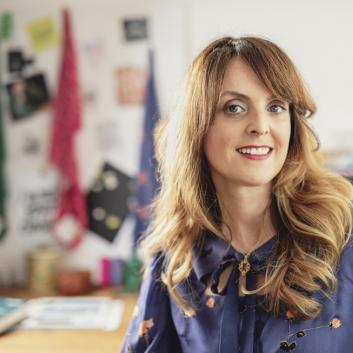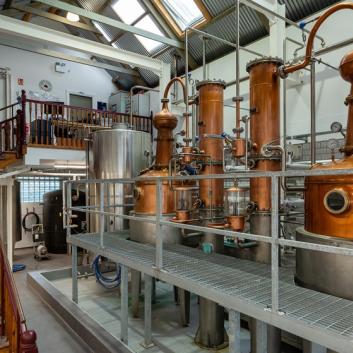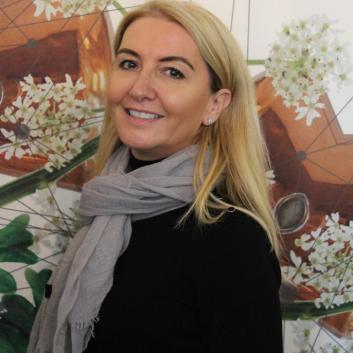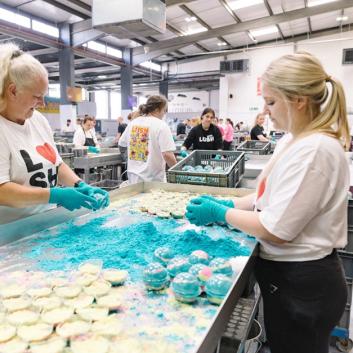Reimagining milk production to make it local and circular
Lately, the Circular Economy has made it to the mainstream business world as a concept of reducing and even eliminating waste and keeping resources in use for longer to decrease the need to use virgin raw materials.
An everyday product that you might not put on your circularity list, but many of us use is milk.
We conveniently pick it up from the shelves of supermarkets and then pour it into coffee or tea, using it for cooking or just drinking it as it is.
Initially driven by the notion of bringing the original taste of fresh farm milk back to people, Catherine Kinsella started Saltrock Dairy on the coast of Gorey in North Wexford. However, she also realised there`s more to keeping milk production and distribution local.
“Irish farmers are producing great quality milk, but consumers never get the real taste due to processing it to follow regulations and managing logistics.”
Instead of following the crowds to give their milk to bigger suppliers, she and her husband decided to take another road and invest in a self-service milk vending machine that allows customers to access fresh milk locally.
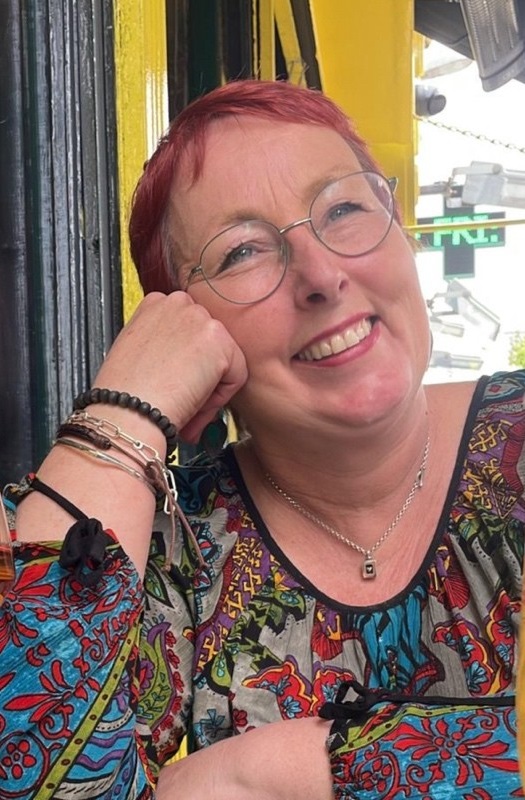
Since this system is based on the idea of refilling your glass bottles, there is no need to use plastic or buy Tetra Pak packaged milk anymore.
The vending unit is moved to different locations daily, and to make it even more appealing, customers can add a splash of extra taste to their milk, choosing from different flavours on site.
“Getting rid of waste and preserving the flavour of the milk is a win-win for everyone,”
Catherine says.
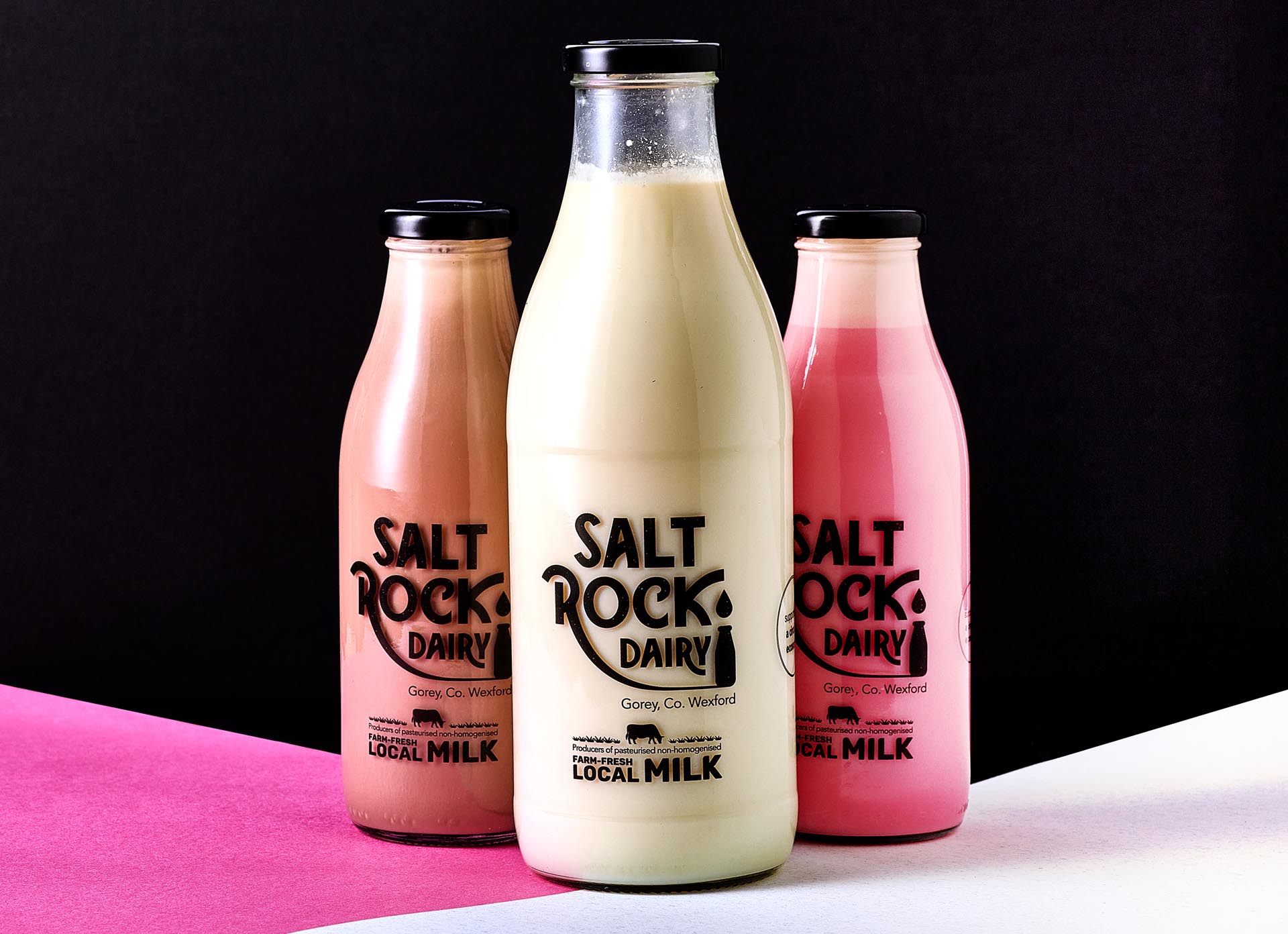
Besides the machine, she also takes Saltrock Dairy milk to the market every Saturday, where she can meet and chat with people, giving her the opportunity to connect with them and enjoy good old-fashioned conversations that have traditionally been part of trading goods.
By running a small farm with about 72 cows, grazing while overlooking the Irish Sea, Catherine feels that they are not just producing high-quality products but reinvigorating the local community spirit, which could be the backbone of bringing simple yet effective circular solutions to life.
They aim to bring a full range of dairy products to be consumed locally with minimal packaging or food miles required without becoming mass producers.
“I don`t see us scaling the business nationally but instead creating a circular model that other farmers or even other industries can replicate. I would see this as a more sustainable way of growth.”
She adds that businesses are often encouraged and supported to scale geographically; however, to stay true to the circular economy principles, they should reconsider how to measure growth or business success, focusing on local and circular trade more.
Catherine further explains:
“I want to stay local and not look for expansion. I`d love to be able to prove that you can sort things out locally and that you can get all your dairy products locally. So, we are looking at expanding the product range instead of geographic expansion.”
Now, they are working to launch a range of butter and yoghurt to offer more within the refillable system. Butter is a bit tricky as you need some sort of packaging, but finding a sustainable version is a top priority for Saltrock Dairy.
This approach requires a long-term investment, expected to reach the tipping point in five years.
Meeting regulations and managing paperwork was and still is the biggest challenge for them to bring their idea to life and keep it running. Also, there`s not much funding available, according to Catherine.

However, receiving a national circular innovation award allowed her to further invest in their model and keep working towards bringing it to the level where others can adopt it.
The Wexford Local Enterprise Office has been a great supporter of their work, and through mentoring and financial incentives, they eased the process of running a small business striving to create value locally.
To expand Saltrock Dairy`s reach in the region, Catherine is looking to collaborate with local cafés and shops, supplying fresh milk or placing mobile units.
“People have been removed from the land now for generations, and in a way, drinking farm-fresh local milk is reconnecting with nature. Older people also remember the taste, and they might not call it a circular economy, but they know the benefits of keeping things local.”
Engagement is highly important to Catherine, so she even visits schools, brings fresh milk, and talks with kids about where milk actually comes from.
“I want to make an impact on food production and how people see the industry since we don`t pay the real price for agricultural products in general, considering the amount of work and resources invested.
I would like to build consciousness around food production and even cooking.”






